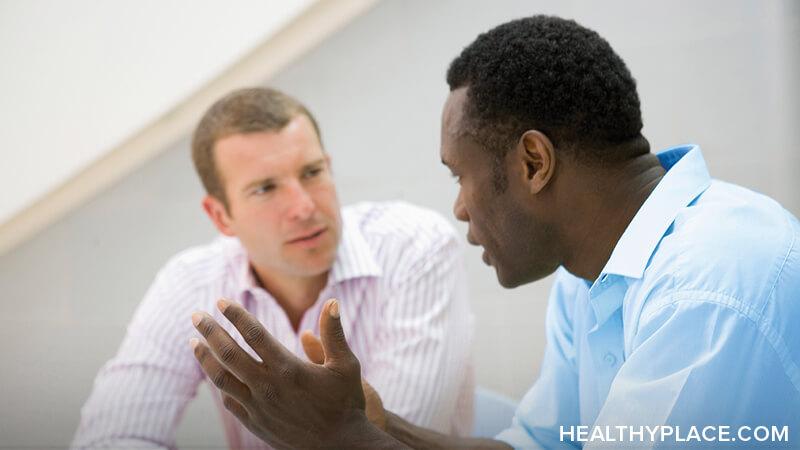Mental Health Stigma Around the Unhoused in the Digital Age

A couple of weeks ago, I volunteered to distribute sanitary products and a hot meal to the unhoused community of Washington D.C. through the impactful and committed organization, The Distant Relatives Project. The experience produced a mix of emotions. I felt heartbroken to see so many individuals in need; the worst of it was learning that a large number of unhoused individuals who struggle with mental health issues do not have access to professional help. It is a crisis.
Mental Health Stigma Presents Differently Across Communities
The burden of mental health stigma has and continues to weigh heavily on the unhoused community. In an article published by the American Bar Association:
"Homeless people are often stigmatized more than other poor groups because factors inherent in homelessness activate key dimensions that cause stigmatizations."1
Exemplified in my choice of language, the term "homeless" has a negative connotation and "implies that one is less-than, and undermines self-esteem and progressive change." The term "unhoused" "implies there is a moral and social assumption that everyone should be housed in the first place."2 It creates the societal stigma that this is your fault.
Awareness and Education--Crucial to End Long-Standing Stigma
After my time spent distributing goods, I encouraged myself to reflect heavily on my experience. I thought a lot about my blog. Am I representing every group and its members' unique and very real fight? How can I facilitate actionable change? Two words kept nagging at me during this reflection: awareness and knowledge.
A gift--and a curse--of the digital age is social media. People can spread a message in the time that it takes to tie a shoe. It is a scary, exhilarating, beneficial, dangerous, and dynamic reality. I would not have found out about The Distant Relatives Project had it not been for social media. It is no secret that the Internet is not always used as a tool for good, but mechanized in the right way, it can create monumental change.
Believe it or not, utilizing social media to obtain resources is not as intimidating as it sounds. My advice is to start small. Begin by scrolling through mental health pages and accounts and take special note of the content that speaks to you. Not everyone is going to connect with the same modes of messaging.
This leads me to my second piece of advice: practice trial and error. If you prefer more hands-on learning, try reading blogs, first-hand accounts, or talking to someone who has struggled with their mental health and feels comfortable sharing. If you learn better from the written word or graphics, I suggest leveraging social media accounts that are well-versed in sharing content in an engaging, visual, and digestible way.
In my opinion, with so much information at our disposal, educating ourselves about mental health and the stigma surrounding it should be the new expectation.
Sources
- American Bar Association, "Stigma and Lack of Personal Dignity." Accessed May 23, 2022
- Unhoused Organization, Unhoused Definition. Accessed May 21, 2022
APA Reference
Jack, J.
(2022, May 26). Mental Health Stigma Around the Unhoused in the Digital Age, HealthyPlace. Retrieved
on 2024, April 19 from https://www.healthyplace.com/blogs/survivingmentalhealthstigma/2022/5/mental-health-stigma-around-the-unhoused-in-the-digital-age
